The purpose of the RS curriculum is for students to know and understand a range of religious and non-religious worldviews and be able to critically engage with those views. Students should gain an appreciation for how these worldviews have impacted the world they live in at a local, national, and global level.
Year 7 students begin their studies by looking at the Origins of Abrahamic Faith, followed by a focus on Judaism and Islam. They see the connections and distinctions between these faiths by piecing together a scriptural narrative across the Torah and Qur’an. In Year 8 students go on to study human rights, Buddhism and both Christianity and an Introduction to Philosophy. This is where students are introduced to skills of argumentation, as earlier in the curriculum the focus is on the building of substantive knowledge, description, and explanation skills. This means that students should have a rich knowledge of religious beliefs and traditions before moving onto the higher-order thinking as well as preparing them for the Year 9 course, which builds heavily on expanding their philosophical awareness. Students look at the classical arguments for God’s existence, the rebuttals from key atheists such as Sartre, Feuerbach and Marx, before moving onto a study of classical ethical approaches and applying these to relevant ethical issues in the Spring Term. Year 9 concludes with a study of key thinkers and ideas, such as Cartesian philosophy, feminist ethics and animal rights.
At GCSE, the course develops the skills of analysis and argument through a study of Christianity and Islam, as well as ethical issues such as peace and conflict, and crime and punishment. This is ideal preparation for the A Level course that uses philosophical, ethical, and theological approaches to explore some of the big questions of life, such as whether there is an objective morality or what we mean by having a human nature.
The transferable skills acquired during these courses help prepare each pupil for life beyond school. This department excels in developing students who can create rational arguments, can think for themselves, and are articulate and confident individuals.
